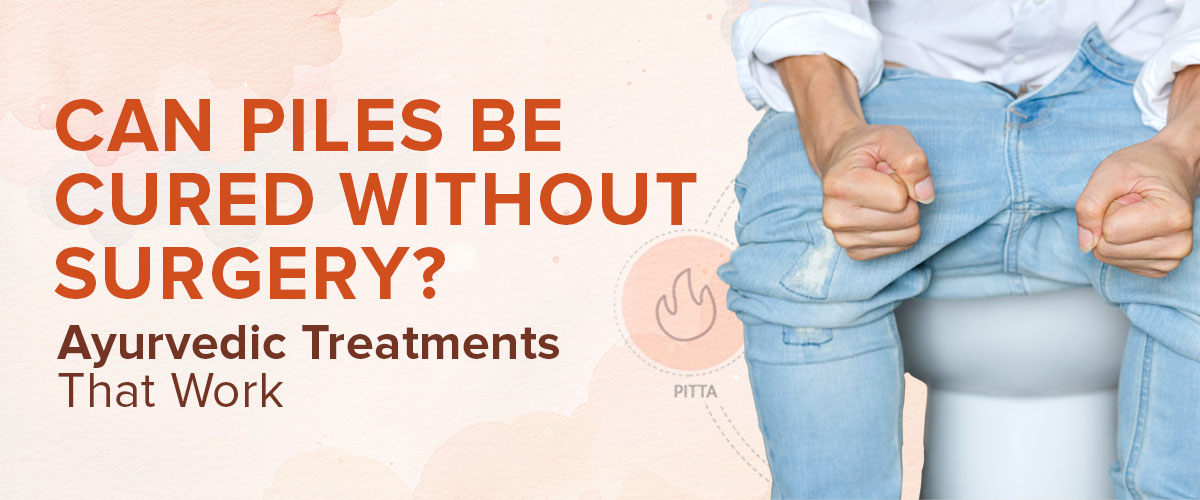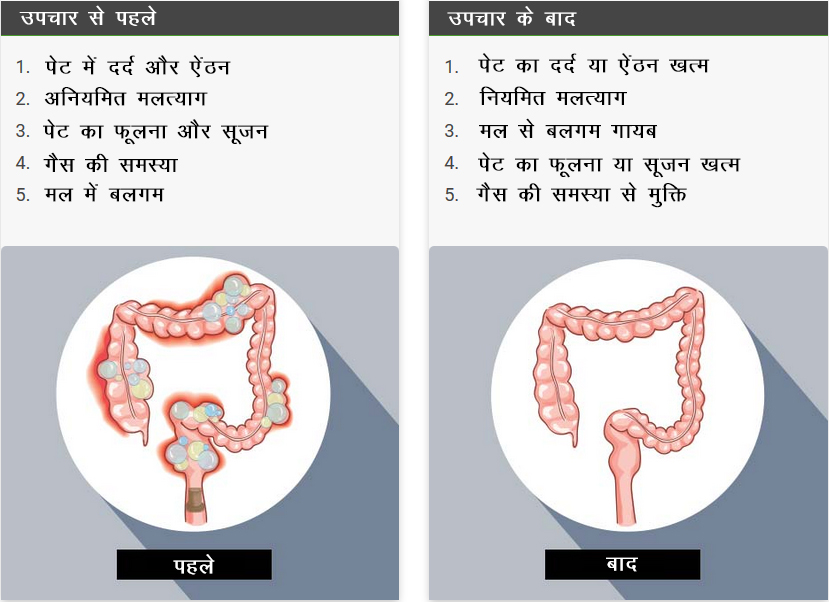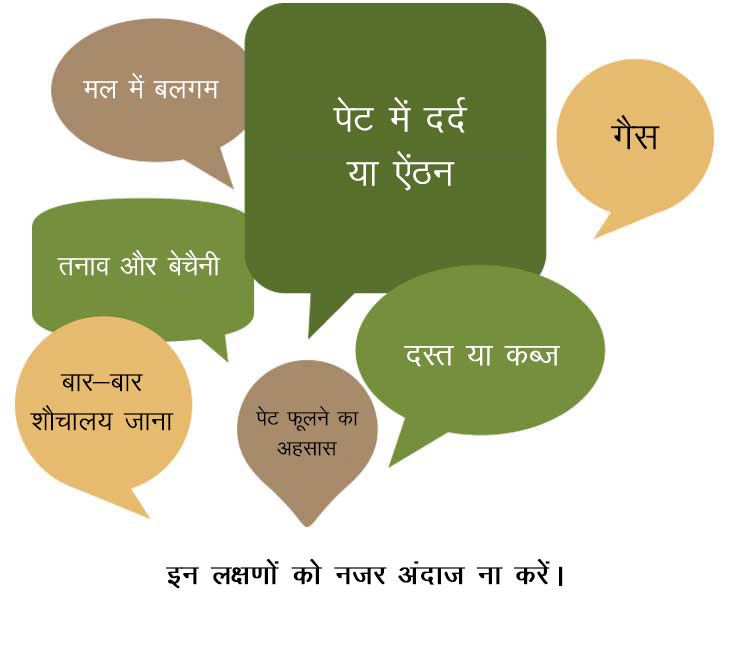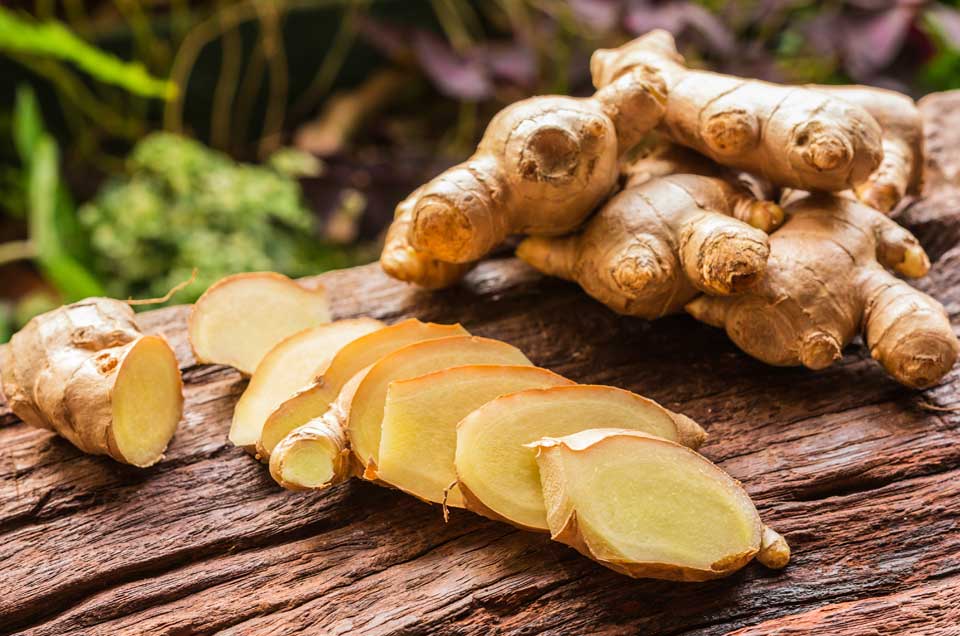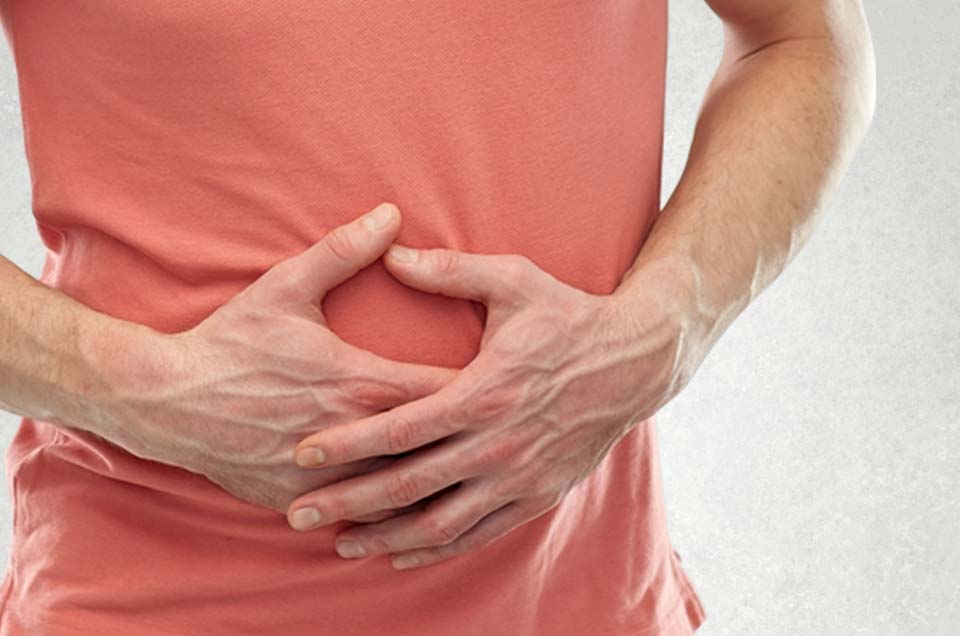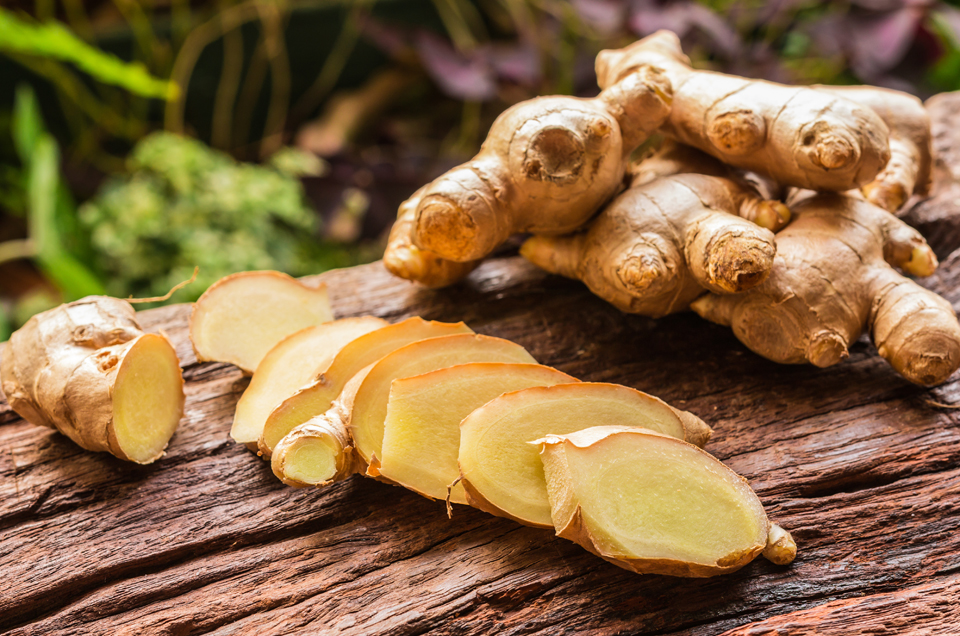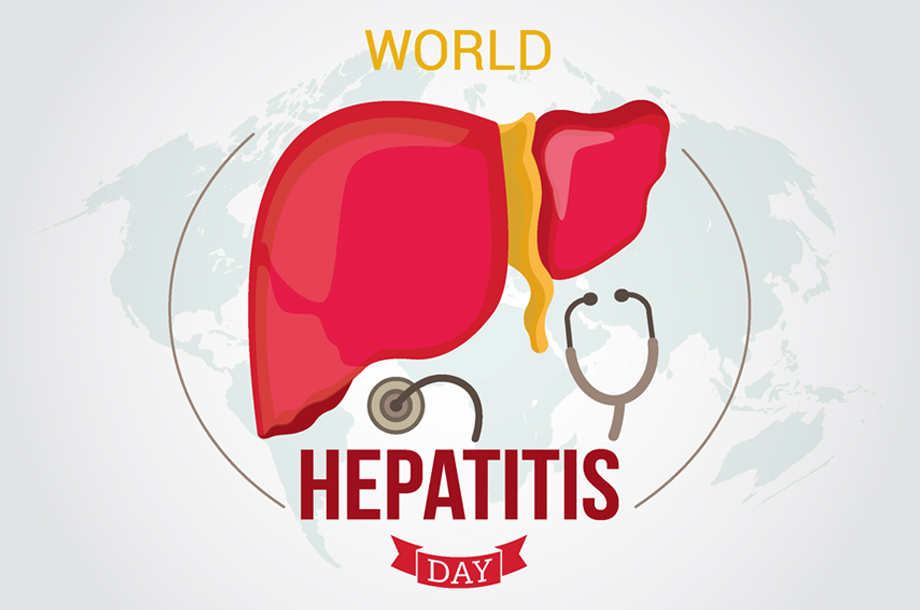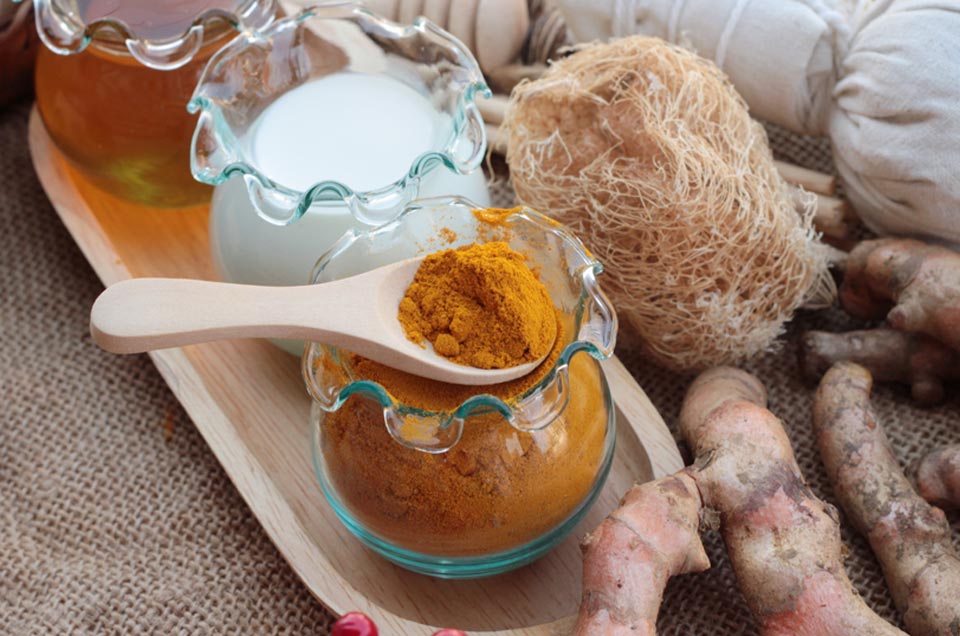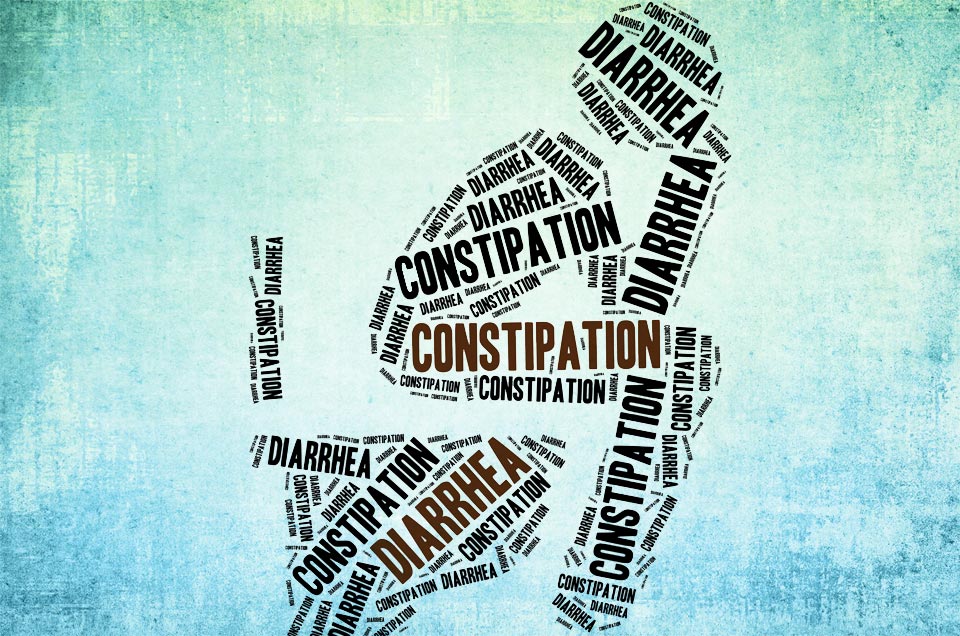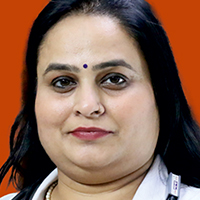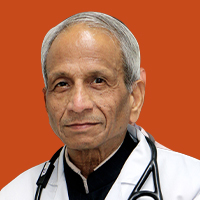According to a study published in the International Surgery Journal, the prevalence of piles in India has been estimated at 75%. Even with its widespread nature, most people don't seek medical assistance due to embarrassment or fear of surgery. In fact, a study found that 72% of Indians feel ashamed of talking about piles.
But surgery isn't your only option. Ayurveda offers effective non-surgical treatments for piles. These treatments aim at balancing your body’s energies, improving digestion, and promoting natural healing.
In this blog, we will understand how Ayurveda can help you manage and potentially cure piles without needing surgery.
What Are Piles And Why Do They Happen?
Piles, also called hemorrhoids, are enlarged and swollen veins in your rectum or anus. They can either be internal (within the rectum) or external (under the skin around the anus). If you have ever felt pain, itching, swelling or bleeding when you pass stool, these might be signs of piles.
Causes of Piles
Not many people know this but constipation is a major reason for piles. If you strain too much while passing hard stools, pressure builds up in your lower rectum, causing veins to swell and form piles. Constipation is commonly caused by:
- Not drinking enough water.
- Skipping fruits and vegetables in your diet.
- Consuming excessive spicy, oily or refined food.
- Not getting sufficient physical activity.
- Sitting for long hours (like in desk jobs).
- Obesity or being overweight.
- Pregnancy (due to more pelvic pressure).
- Chronic gastric issues like dysentery or diarrhoea.
- Stress and irregular bowel habits.
Ayurvedic View: Arsha Shoola
In Ayurveda, piles are called Arsha Shoola ("needle-like pain"), which is believed to result from an imbalance in your body's 3 doshas, especially Pitta and Vata. Also, Ayurveda believed that weak digestive fire (Agni) and toxic buildup (Ama) disturb your bowel function and harm the sensitive veins which are present around your anus.
When your Vata is disturbed, it leads to dry and tough stools, which causes constipation. When your Pitta is not in balance, it can cause inflammation and bleeding in the rectal region. Both conditions can result in piles.
Pro Tip: Don't ignore constipation as it is one of the root causes of piles. Drink 8-10 cups of water daily and consume fibre-rich food (fruits, vegetables, and whole grains). A healthy gut keeps your bowels smooth and your rectal veins safe.
Is Surgery the Only Option for Piles?
If you have piles, even thinking about surgery may be scary. Many people avoid seeking medical assistance due to the fear of painful procedures, lengthy recovery periods or the risk of recurrence. This fear is one of the main reasons why piles often go untreated until they become worse.
Why People Avoid Piles Surgery
Surgery for piles (hemorrhoidectomy or laser surgery) can involve cutting or taking out the swollen veins. These procedures are common but are costly, uncomfortable and can take weeks to heal. Many times, further complications like pain, bleeding or infection can also occur. There's also the risk that piles might come back if the root causes like constipation or poor digestion aren't treated.
Ayurveda: A Safer, Non-Surgical Route
Ayurveda offers a gentle alternative to the invasive approach of surgery, in early to mild cases. Instead of cutting, it treats the root cause, like balancing your doshas, improving digestion, and removing toxins. Herbal remedies, detox therapies, diet and other Ayurvedic treatments can all help shrink piles and heal your affected area without needing surgery.
Pro Tip: If you understand the initial symptoms of piles, you can catch piles early and follow proper Ayurvedic treatment to avoid surgery. Small changes in your food habits, daily routine and bowel care can help reverse piles naturally.
How To Treat Piles Without Surgery In Ayurveda?
Ayurveda uses Shodhana Chikitsa (detox treatments) to cleanse your body and balance your doshas. The most effective therapies for piles are:
- Virechana (Therapeutic purgation) : A purifying process which removes excess Pitta dosha via controlled Purgation. In this therapy, you will be given natural laxatives to flush out toxins from your intestines. This approach is believed to reduce inflammation, clear heat from the body, and is especially good for cases of bleeding piles.
- Basti (Medicated Enema) : Basti is considered the best therapy for Vata-associated constipation, which is a leading reason for piles. In this method, herbal oils or decoctions based enemas are used to soften your stools, lubricate your intestines and lessen dryness and pain in bowel movements.
- Kshara Karma : Kshara Karma is a non-surgical Ayurvedic procedure where a special herbal alkaline paste is applied on the pile mass with a proctoscope. This paste cauterizes the hemorrhoid to shrink and dry it without surgical cutting. Additionally, it cleans the area and also prevents recurrence.
Pro Tip: Kshara Karma is a widely recommended Ayurvedic procedure for internal piles. It is safe, fast and generally allows you to go back to your regular routine within a day or 2, making it a great alternative to surgical procedure.
What Herbal Medicines Work Best for Piles?
Ayurvedic treatment uses a number of natural herbs to heal your body from inside. With piles, these herbs are used to treat the root cause of your condition by improving your digestion, decreasing inflammation and mending damaged tissues.
The most effective Ayurvedic herbs for piles are:
Triphala
Triphala is a classic Ayurvedic formula derived from 3 fruits (Amalaki, Haritaki and Bibhitaki). It's a gentle and natural laxative that helps to clear your bowels without straining. Also, it improves digestion, reduces inflammation, and supports your gut health.
Triphala Guggulu
This powerful combination includes Triphala and Guggulu, which is an anti-inflammatory herb. It's especially useful to shrink the pile mass, reduce pain, prevent infection or recurrence. Also, it purifies your blood and detoxifies your system.
Neem
In Ayurveda, neem is considered a popular antibacterial and anti-inflammatory herb. You can apply neem oil or paste on external piles to reduce swelling, pain, and itching. Neem also cleanses your blood and supports complete healing.
Nagakesara
This Ayurvedic herb is used mainly if you have bleeding piles. It helps reduce bleeding and heals inflamed blood vessels in the rectum.
Karanja & Nimba Oils
These Ayurvedic oils can be applied directly to external piles. They are known to reduce swelling, irritation, and burning. Ayurveda calls them "Arshohar," which means piles-removing.
Which Diet Should You Follow to Prevent or Manage Piles?
What you eat plays a big part in your complete health. A poor diet can be a leading reason for constipation, which is the main cause of most cases of piles. Ayurveda suggests a diet plan which supports smooth digestion and regular bowel movements. This is what Ayurveda tells you to follow if you have piles:
Eat Vata Pacifying Foods
As piles are mainly related to Vata imbalance, your diet plan must include warm, soft and digestible foods. For example, soups and stews, cooked vegetables and warm herbal teas are great meals. These food items keep your intestine moist and prevent your colon from getting dry.
Increase Fibre & Water Intake
Ayurveda also tells us that a fibre-rich diet is vital. Fibre adds bulk to your stools and makes it much easier to pass. Add foods like:
- Whole grains (oats, brown rice, daliya)
- Fresh fruit (paya,banana, guava)
- Vegetables (carrots, spinach, bottle gourd)
- Also, consume 8-10 glasses of water each day. Water softens your stools and also avoids straining.
Avoid Pitta Aggravating Foods
Keep your distance from spicy, fried, oily and processed foods, especially if you have bleeding piles. These foods irritate the intestines and worsen inflammation. Limit your intake of coffee, pickles, deep fried snacks and processed meat.
Pro Tip: Add flaxseeds or soaked raisins to your early morning routine. These foods function as gentle natural laxatives and help with regular bowel movements without causing cramps.
What Is Kshara Sutra Treatment and How Is It Different?
If you're looking for a non-surgical way to treat piles, Kshara Sutra therapy is one of the most trusted and proven methods in Ayurveda. Let us understand how this procedure is performed to treat your piles and why it is a better option than surgery.
How Does It Work?
The Kshara Sutra is basically a cotton thread coated with layers of herbal medicines. With a special tool, this thread is tied around the base of the pile mass. The medicine on the thread slowly cuts off the blood supply to the pile, drying it out gradually and thereby shrinking it naturally. The mass falls off by itself after a few days.
This procedure is minimally invasive, which means there is no need for slicing or deep surgery.
Why Choose Kshara Sutra?
- Fast Recovery: Most people resume daily tasks within 2 to 3 days.
- Less Risk of Recurrence: As the root of the pile is treated properly, it's less likely to grow back again.
- Safe for Delicate Areas: It doesn’t cause any harm to your anal sphincter muscles, which means that you won’t face issues like incontinence or damage to the anal canal.
Conclusion
We know that living with piles can be annoying, painful and humiliating and the thought of getting surgery can also be equally scary. Thus, if you wish to avoid invasive surgery and heal yourself safely and naturally, Ayurveda is your best option. With the right combination of herbs, detox therapies, diet and everyday habits, you can improve your health and feel better without undergoing complicated procedures.
Want to learn more? Connect with Jiva’s certified doctors by calling us on 0129-4264323.



